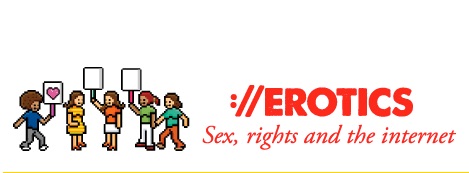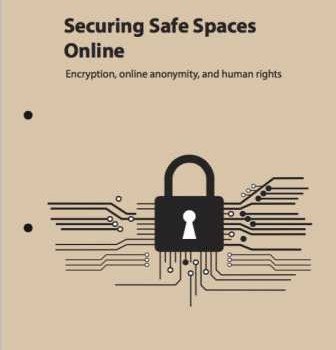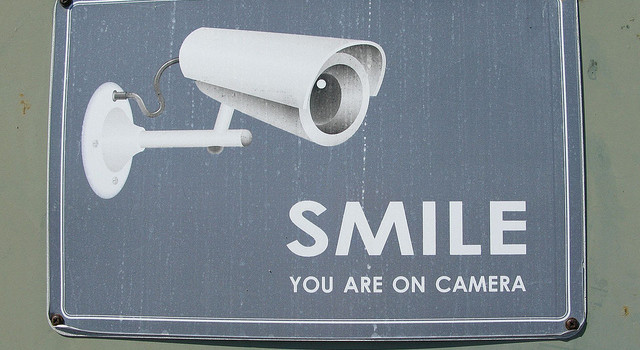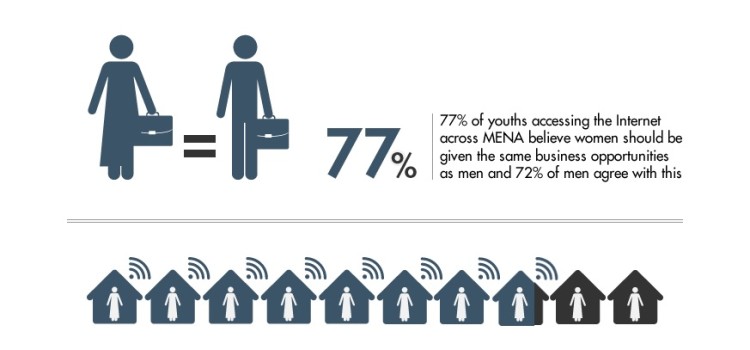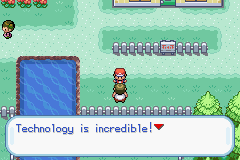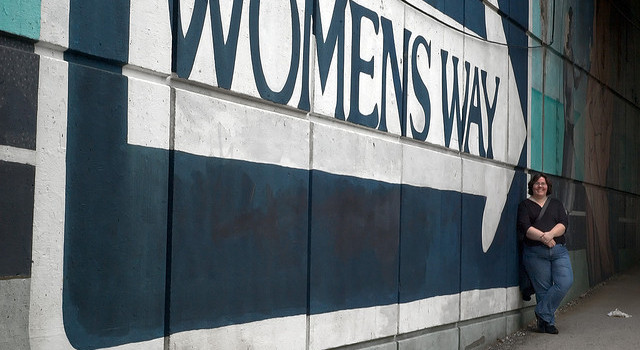This breakthrough study carried out in Brazil, India, Lebanon, South Africa & USA looks at how the internet plays host to critical information about sex education, health, fighting sex discrimination and defining one’s own sexuality. It debunks the commonly-held view
EROTICS Research
